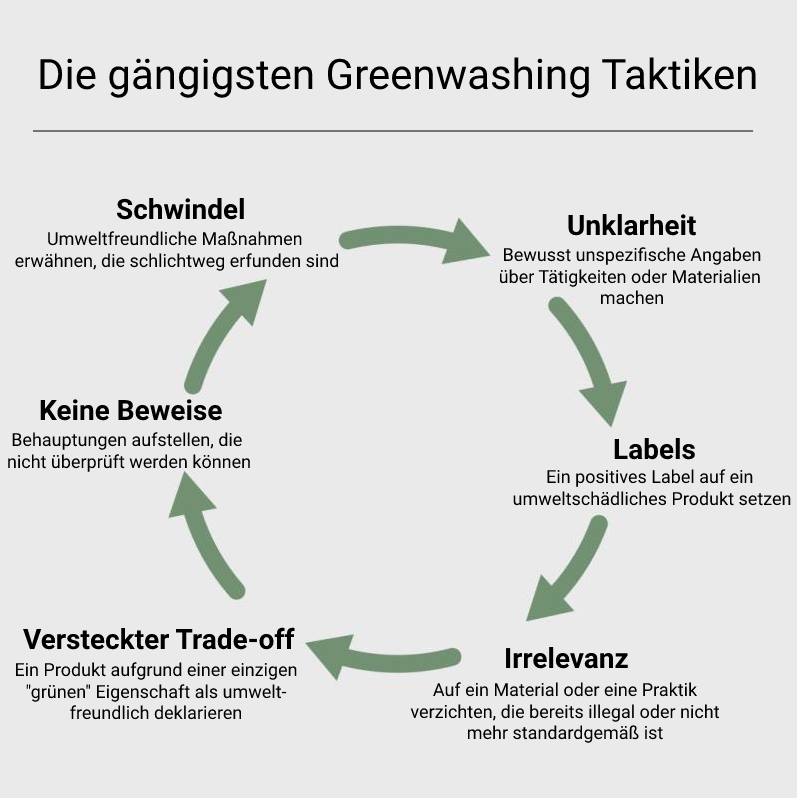ESG AT ANY COST?
A look behind the scenes of the sustainability rating
28. April 2021 | Sustainability
AAA for an oil producer, AA for an arms dealer

(Source: own illustration)
Rating agencies disagree
Increased risk of “greenwashing

(Source: “Six Sins of Greenwashing” by TerraChoice)
Small companies have a harder time
Our ideas on sustainability
Estably is the first digital asset management company from Liechtenstein to offer first-class wealth management from € 20,000 through a mix of technology and human investment expertise. Thanks to the portfolio managers' many years of experience in the field of value investing, above-average returns are targeted. This is intended to make professional asset management, previously available exclusively to large investors, accessible to everyone - conveniently, transparently, and profitably.
Did you like the article? Share it!
You might still like these posts
Finance Blog

The superiority of the stock investment
In the long run, returns on equities outperform the returns on all forms of investment such as bonds, cash, precious metals, or even real estate by far.

The snow falls quietly, the markets crash loudly?
Is there still a year-end rally? Why we don’t care about this question, and why you shouldn’t care about it either, can be read in our little Christmas article:

The Right Mindset for the Next Crash
We don’t know when the next crash will come. Nobody does. What we do know is that a crash will happen again at some point.
We’re not pessimistic, just realistic. It’s a proven fact: Since 1950, the S&P 500 has seen double-digit declines on average almost every two years.



